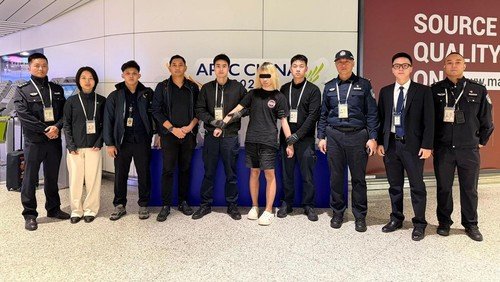
Apple is reportedly in discussions with its suppliers about the possibility of manufacturing iPhones in Indonesia, a move that could pave the way for lifting the government-imposed sales ban on its latest models.
If confirmed, this would mark Apple’s first iPhone production in the country and a significant step in Indonesia’s efforts to boost local tech manufacturing and job creation.
Apple’s Local Content Hurdle
The Indonesian government banned the sale of Apple’s iPhone 16 models, released globally in September, due to the company’s failure to meet local content requirements. These regulations mandate that certain smartphone handsets must contain at least 40 percent locally manufactured components, an effort to ensure that foreign companies contribute meaningfully to Indonesia’s economy.
Google’s Pixel smartphones have also been affected by the same restrictions.
Apple’s Negotiation Efforts
In response to the ban, Apple has been negotiating with Indonesian authorities, initially offering a $100 million investment to build an accessory and component manufacturing facility.
However, officials deemed this insufficient compared to Apple’s larger commitments in Vietnam and Thailand. The company later pledged a $1 billion investment, including an AirTag production facility in Batam, set to begin operations in 2026.
Despite this, Indonesia maintained that AirTag production does not directly address iPhone manufacturing requirements.
Potential iPhone Manufacturing in Indonesia
According to a report by Nikkei Asia, Apple is now seriously considering setting up an iPhone manufacturing facility in Indonesia. While details remain scarce, the move signals a shift in strategy as Apple seeks to regain access to one of Southeast Asia’s largest mobile markets.
Industry observers suggest that Apple will likely push for the iPhone 16 sales ban to be lifted immediately as part of any agreement.
Indonesia’s Leverage in the Global Market
Indonesia, the world’s fourth-most populous nation and the fourth-largest mobile market, has demonstrated its ability to leverage its consumer base to secure commitments from major tech firms.
Chinese brands such as Oppo, Vivo, and Xiaomi have successfully captured a dominant market share by aligning with Indonesia’s local production requirements. Huawei is also entering the market with a similar strategy, set to release smartphones in Indonesia by partnering with a local manufacturer.
Apple, meanwhile, has seen its market share in Indonesia decline following the ban.
In January, the company held just 7,3 percent of smartphone sales, down from 12,8 percent in October. Competing brands have capitalized on Apple’s absence, further pressuring the tech giant to comply with Indonesian regulations.
What’s Next for Apple in Indonesia?
If Apple proceeds with manufacturing iPhones in Indonesia, it would be a win for both the government and the country’s tech industry.
However, setting up production facilities and reconfiguring supply chains will take time. The negotiations between Apple and Indonesian authorities will determine whether the ban will be lifted in the near term or if further commitments will be required.










